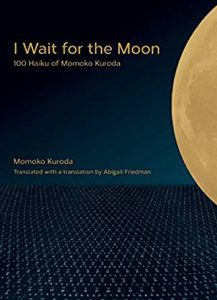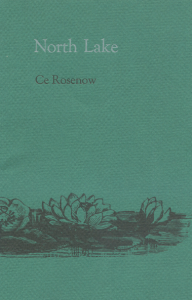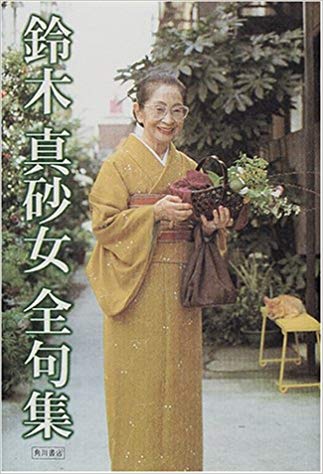
女一人目覚めてのぞく螢籠
onna hitori mezamete nozoku hotaru kago
una donna sola
destandosi sbircia nella scatola
delle lucciole
初鴉波高ければ高く飛び
hatsugarasu nami takakereba takaku tobi
il primo corvo –
se si alzano le onde
innalza il volo Leggi tutto “Cinque haiku di Suzuki Masajo”

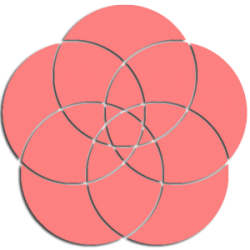

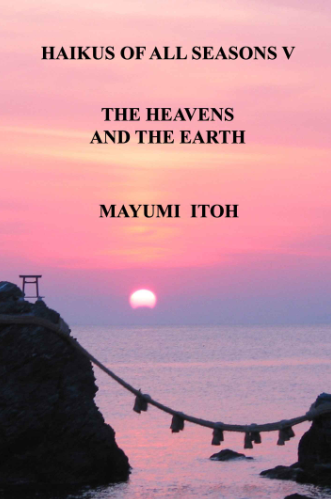
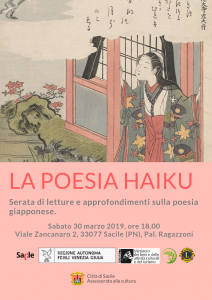
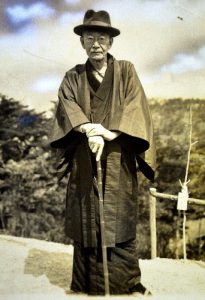

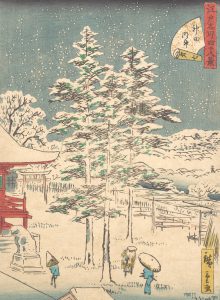 This haiku by Réka Nyitrai is a valuable and highly evocative piece of work set in a winter environment (fuyu 冬) that appears to be desolate (kareta 枯れた) and melancholic (according to the aesthetics of wabi-sabi 侘寂), revealing instead an strong connection between the author and the surrounding nature.
This haiku by Réka Nyitrai is a valuable and highly evocative piece of work set in a winter environment (fuyu 冬) that appears to be desolate (kareta 枯れた) and melancholic (according to the aesthetics of wabi-sabi 侘寂), revealing instead an strong connection between the author and the surrounding nature.